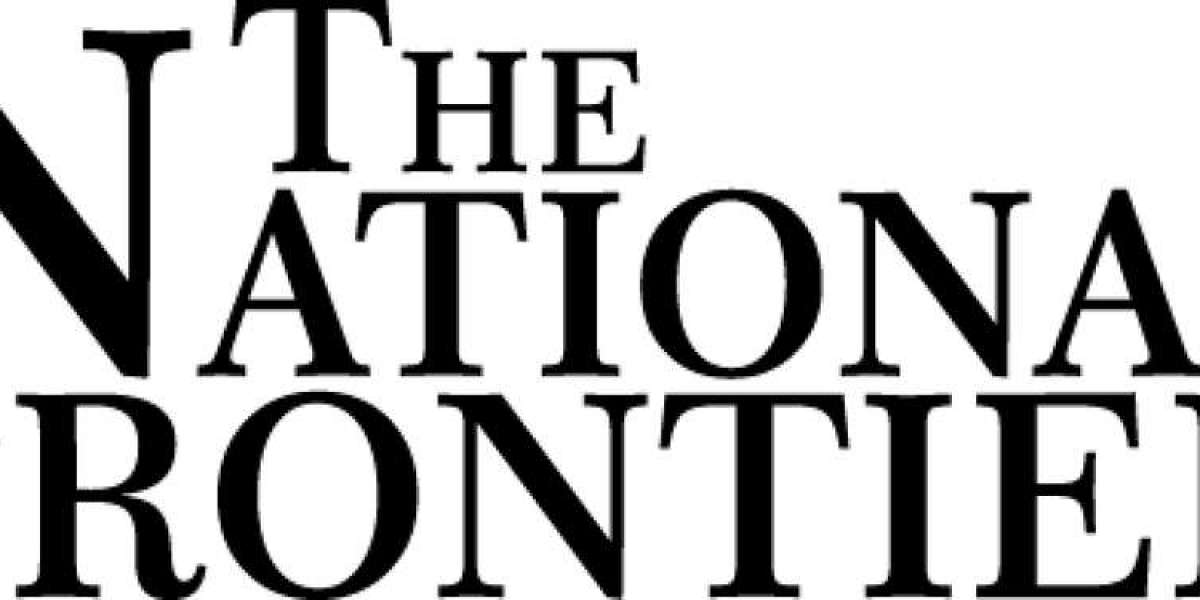The term National Frontier evokes a sense of identity, challenge, and opportunity. Throughout history, national frontiers have played a pivotal role in shaping the political, social, and economic fabric of nations. Defined as the geographic boundary that delineates one nation from another, a national frontier is more than a line on a map—it represents a zone of interaction, a point of defense, and often, a source of contention.
Historical Significance of National Frontiers
In the annals of history, national frontiers have frequently been sites of conflict and cooperation. From the Great Wall of China to the Berlin Wall, these boundaries have served as symbols of sovereignty and security. During the colonial era, the delineation of frontiers was often imposed without consideration of existing cultural or tribal affiliations, leading to long-standing disputes in regions such as Africa and South Asia.
The national frontier has also been a stage for cultural exchange. The Silk Road, for example, was not merely a trade route but a series of frontiers where diverse civilizations interacted, leading to the diffusion of ideas, technology, and religion. This duality of conflict and collaboration underscores the complex role of national frontiers in human history.
National Frontier in Modern Geopolitics
In today’s interconnected world, the concept of the National Frontier has evolved. While it still represents territorial sovereignty, the nature of frontiers has shifted in response to globalization, technological advancements, and environmental challenges. Borders are no longer just physical spaces; they are also digital and ideological frontiers.
For instance, the U.S.-Mexico border is a focal point for debates on immigration, trade, and security. Similarly, the European Union’s Schengen Area presents a unique model of diminished frontiers, allowing free movement across member states. However, the rise of nationalism in some countries has reignited discussions about strengthening national frontiers to protect local economies and cultures.
Technological advancements have also added new dimensions to national frontiers. Cybersecurity, for example, has become a critical issue, as nations grapple with threats that transcend physical boundaries. The national frontier is now as much about protecting digital infrastructure as it is about securing physical borders.
Challenges and Opportunities
The management of national frontiers presents both challenges and opportunities. On one hand, disputes over borders can lead to geopolitical tensions, as seen in the South China Sea or the India-Pakistan conflict over Kashmir. On the other hand, frontiers offer opportunities for regional cooperation. Initiatives such as cross-border trade zones and transboundary conservation efforts highlight the potential for frontiers to serve as bridges rather than barriers.
Climate change is another pressing issue impacting national frontiers. Rising sea levels threaten island nations, while melting ice caps in the Arctic are creating new frontiers for resource exploration and international competition. Addressing these challenges requires innovative policies and international collaboration.








